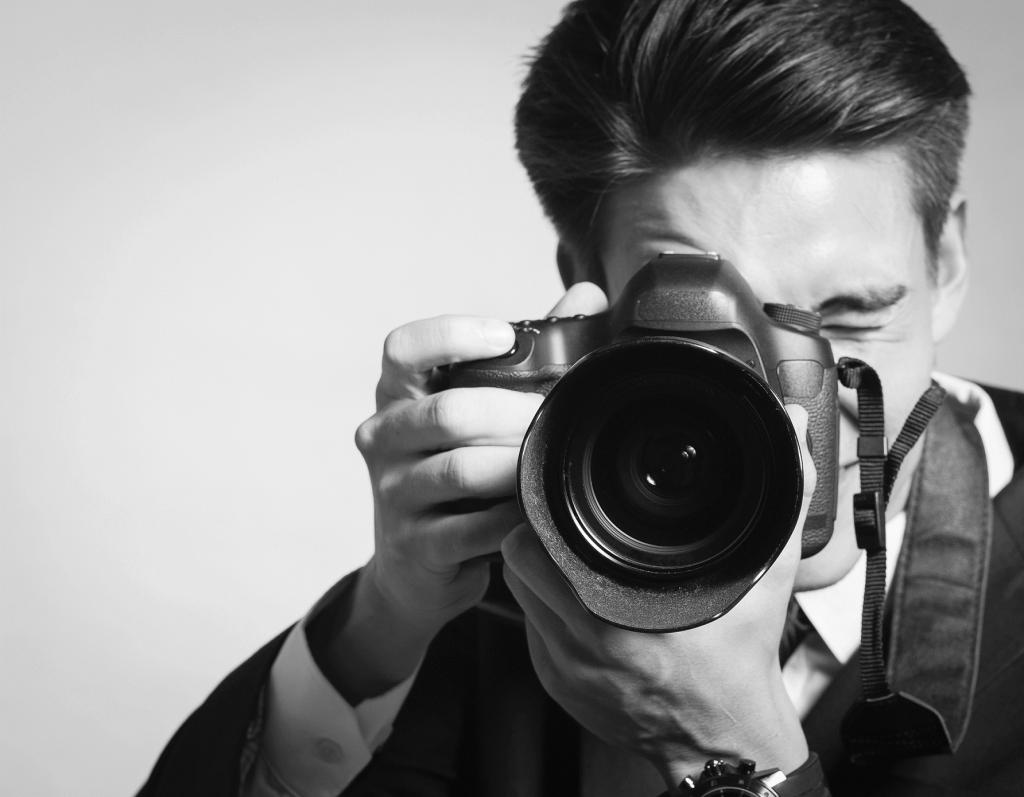The law on filming in public places is not new. But for some reason, it’s recently that they began to recall him too often. What about professional photographers and people who cannot imagine their life without a camera? Let's figure it out.
What kind of law
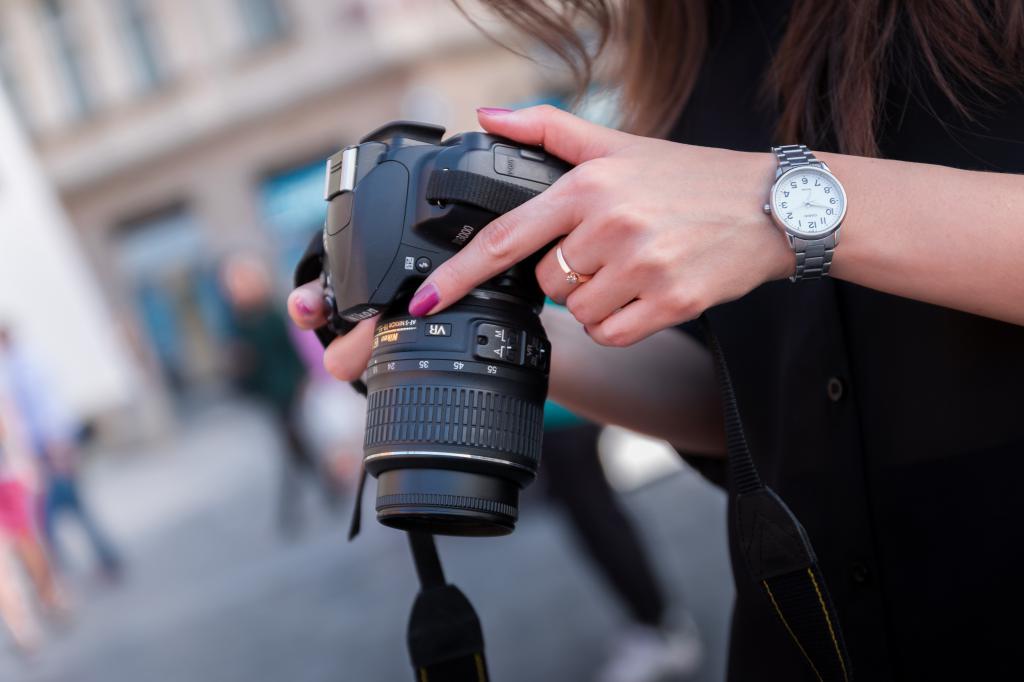
The law on filming in public places has been around for a long time. In fact, there are several regulatory acts that regulate this issue. One of them is the Constitution of our country. Article 29 states that every citizen of our country has the right to produce, search, disseminate and transmit information, if this is carried out in accordance with the law.
In addition, there is a federal law on shooting in public places from 2006 and a well-known law on the protection of consumer rights.
According to all these documents, the state is not forbidden to remove objects that are not included in the list of restrictions. The law on filming in public places does not prohibit filming itself, but subsequent use or public display of the results.
With tripod and flash
If you refer to the Constitution, the citizen has the right to collect information in any way that does not go beyond the law. As for the flash and tripod, a person has every right to install these tools anywhere, if only there is no threat to public safety and interference.
An exception can be considered photographing in a museum. This rule is usually set by the museums themselves because of the protection of valuable exhibits.
But as for public institutions that prohibit filming, they are fundamentally wrong. Their owners are guided by Soviet regulations when filming in public places was not permitted by law. Today, the law regulates this issue differently, although there are exceptions here.
People in public
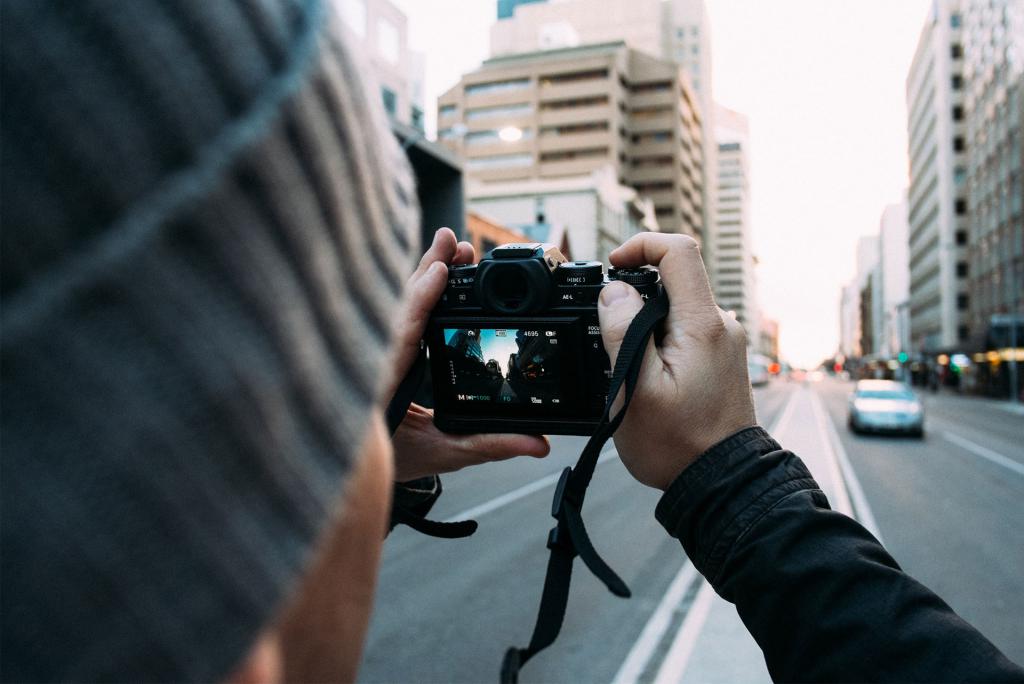
This issue is regulated by the Civil Code of our country, namely article 152. Under this law, shooting in public places is allowed, but it is forbidden to use the image of a person without his consent.
There are, of course, exceptions here. The ban does not apply to photographs or videos taken in the public interest, state or public. An example is a news report.
There is an opinion that if you shoot a person without consent, then this is a violation of privacy. This is not true. If shooting is done in a public place, then remembering privacy is not advisable. Any trial will end with the removal of all charges from the photographer.
In a public institution
A law permitting filming in public places restricts the right only if it reveals a state secret. The law has no relation to any shops, cafes, restaurants and offices. For this reason, no assurances of the owners of establishments that a commercial secret is violated during the filming have no basis.
For example, the price of goods indicated in the store does not belong to commercial secrets, because it is in the public domain. Moreover, manufacturers who try to hide this information violate not only the law permitting filming in public places, but also the law on the protection of consumer rights.
In catering establishments
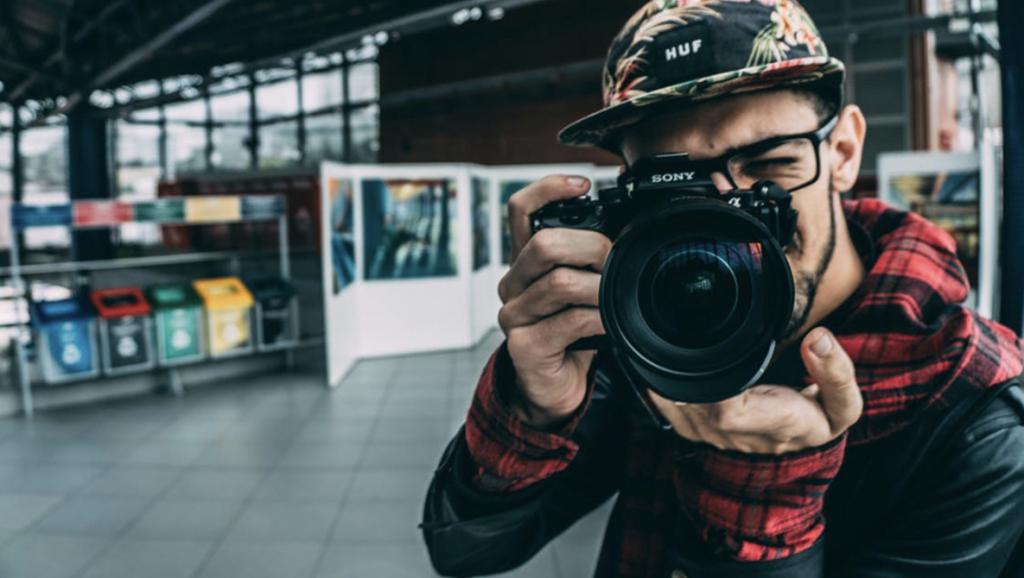
Unfortunately, most owners of restaurants and cafes believe that only the rules established by them apply in their possessions. And being very carried away, they forget that all the rules of the institution should not contradict the legislation of the country, in particular, the law of the Russian Federation on filming in public places.
Shooting can only be prohibited if the shooter interferes with other visitors or poses a threat to their safety.
When the owners of cafes, shops, bars and other institutions prohibit shooting indoors, they confuse the concept of collecting information and using property. In fact, the shooting does not infringe on the right to property, if it happens in a public place.
Trademarks, Signs and Logos
It happens that shops prohibit renting a building from the outside, arguing that trademark rights are being violated. In fact, the use of the logo and its shooting are fundamentally different things. This becomes clear if we compare the law that allows filming in public places in Russia, and article 1484 of the Civil Code of our country. This article only refers to the identification of services, goods or work in the field of advertising. That is, we mean the use of the logo on the packaging of another product. Thus, ordinary shooting does not claim ownership of the property.
In library
Is shooting allowed in public places? The law also regulates the shooting of books in the library. You can photograph book pages only on your personal camera and on the condition that the photographs will not be used for commercial purposes. In addition, copyright infringement refers only to copying a book or notes in full with subsequent printing or use in commerce without the consent of the author.
If the library forbids photography, then its employees violate the law on the protection of consumer rights. After all, the library workers are imposing their copy services, preventing them from using the camera.
Transport objects
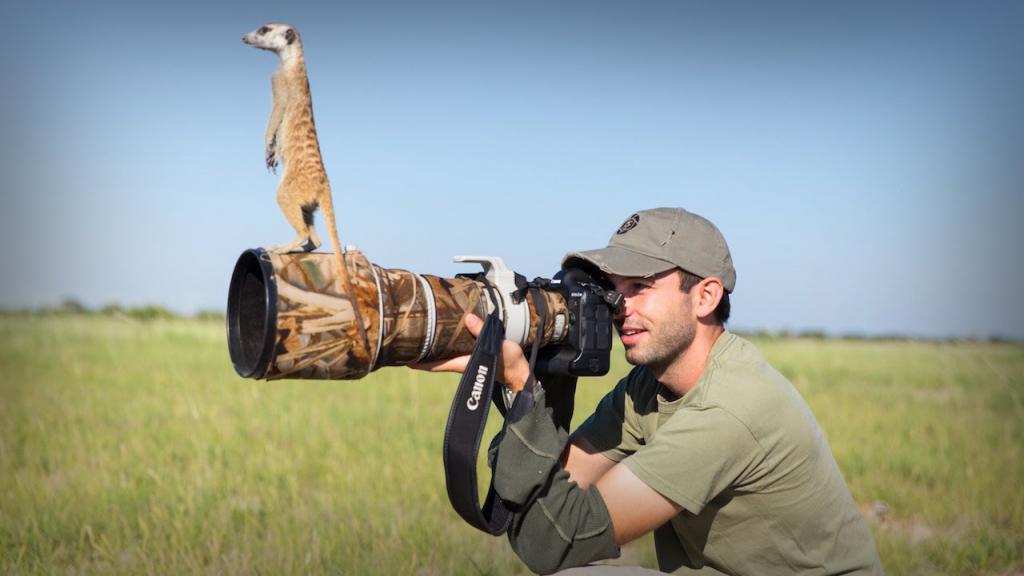
As mentioned above, the law on the right to shoot in public places has its exceptions. These include the open joint-stock company Russian Railways. But interestingly, there are no such prohibitions in the rules for the provision of services for passenger transportation and freight transportation by rail, not related to commercial activities.
For this reason, although Russian Railways prohibits video, photo and film shooting, the ban is not categorical. That is, shooting at stations, stops, inside cars is allowed, if it does not violate traffic safety, and is also made only for personal use.
In airplane
The law on permitting filming in public places does not prohibit filming on airplanes. You can not do only remote sensing of the Earth. That is, taking pictures from a satellite and using special equipment.
If there are no prohibitions on shooting in an airplane, then the safety rules must be observed in any case. So, when taking off and landing you can not use electronic gadgets. Otherwise, if airlines introduce any internal prohibitions, this can be equated with a violation of the law.
In the subway
Since the metro cannot be attributed to strategic public facilities, you can shoot in it. If shooting in the subway is prohibited, then its employees violate the rights of consumers.
Strategic Objects
As mentioned above, there is a list of objects that can not be removed, even referring to the law on the media "Filming in public places."
But in order to avoid misunderstanding, one should determine what these strategic objects are. By definition, this is an object that has undergone a classified procedure. It is described in the law "On State Secret". The same law regulates the list of information related to state secrets.
Only after an expert evaluation does the object gain a signature stamp. If such a distinguishing mark is absent, then public shooting is permitted.
At events
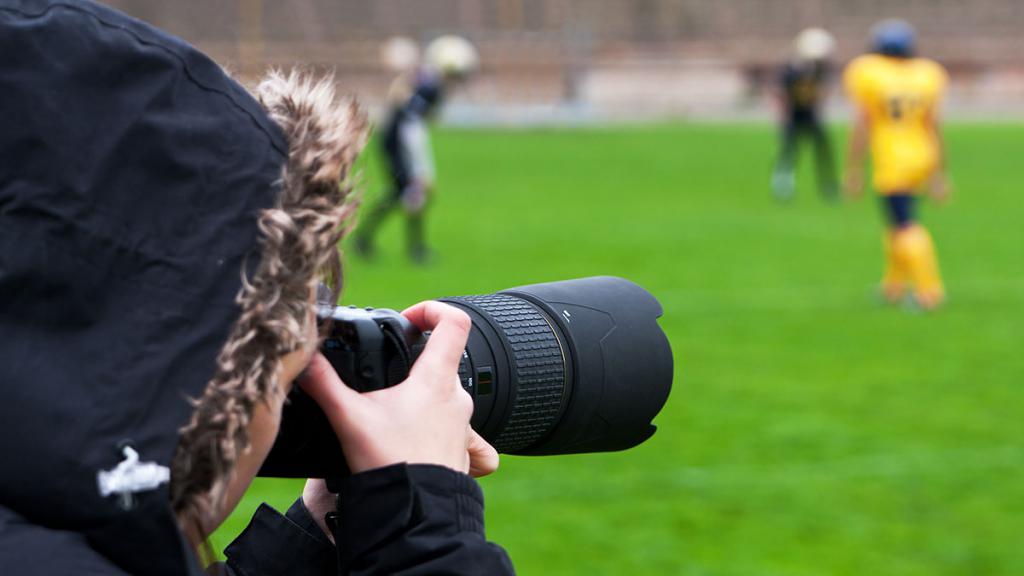
This is especially worrying for those who want to capture Red Square. And indeed, before there were certain bans on shooting the territory of the Kremlin. But they mainly concerned the size of cameras, and now they are completely canceled.
Although this issue is related to state secrets, no one forbade the shooting directly.
To date, only people filming security measures and their training should have permission to shoot. There must also be permission from people who film famous people.
Permission can be obtained by applying to the FSS. Consider it, as a rule, no longer than three days.
Polling station
Back in 2002, the Law on Filming in Public Places was adopted, more specifically at a polling station. It is allowed to film both ordinary people and representatives of the media.
If, however, disagreements arose over the shooting, then we can safely refer to federal law No. 67 of 2002. Indeed, such a ban violates the rights of voters.
In the museum
Who often visits museums, he is faced with a sign announcing that shooting is prohibited. Moreover, they require a fee for the opportunity to photograph some object, which is completely worthless. Most often it is impossible to find regulations that would confirm the legitimacy of the ban.
Back in 1996, the federal law of Russia on filming in public places (museums) was adopted. It states that it is forbidden to shoot in museums if commercial use of the images is expected in the future. This law applies to any exhibit, and it does not matter if it is protected by copyright or not. It is worth noting that the ban again applies to commercial use, and not for personal use.
If a person wants to capture some exhibit for himself, then no one can interfere with him, let alone forbid.
But there is one caveat - the museum can limit access to some exhibits. There are several reasons for this:
- The exhibit is in poor condition.
- The exhibit is under restoration.
- The item is in the museum repository.
Thus, it turns out that you can’t introduce a fee for the opportunity to take pictures. And employees requiring a fee for permission to shoot simply violate the law.
Interior Ministry officers in execution
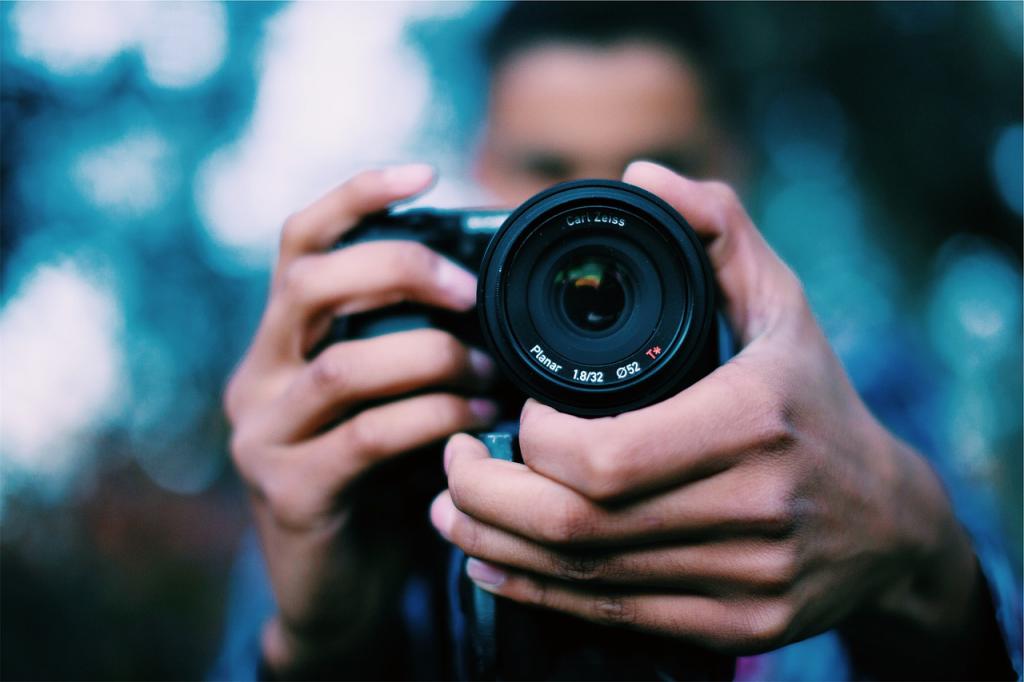
Not so long ago, the President issued a decree that all state bodies should be open to information. This means that any citizen has the right to exercise control over the activities of state bodies through technology or in writing.
As for the shooting of the employees of the Ministry of Internal Affairs during execution, in 2009 an order was issued that allows citizens to record all conversations with the traffic police. The latter cannot prohibit either video or photography, otherwise they violate the law.
In temples and hospitals
Before you start filming in the temple, you need to get permission from the rector of the temple or church officials.
As for medical organizations, there is no ban on shooting in them. But it’s important to feel the line between public filming and a violation of the right to integrity.
What absolutely can not be removed
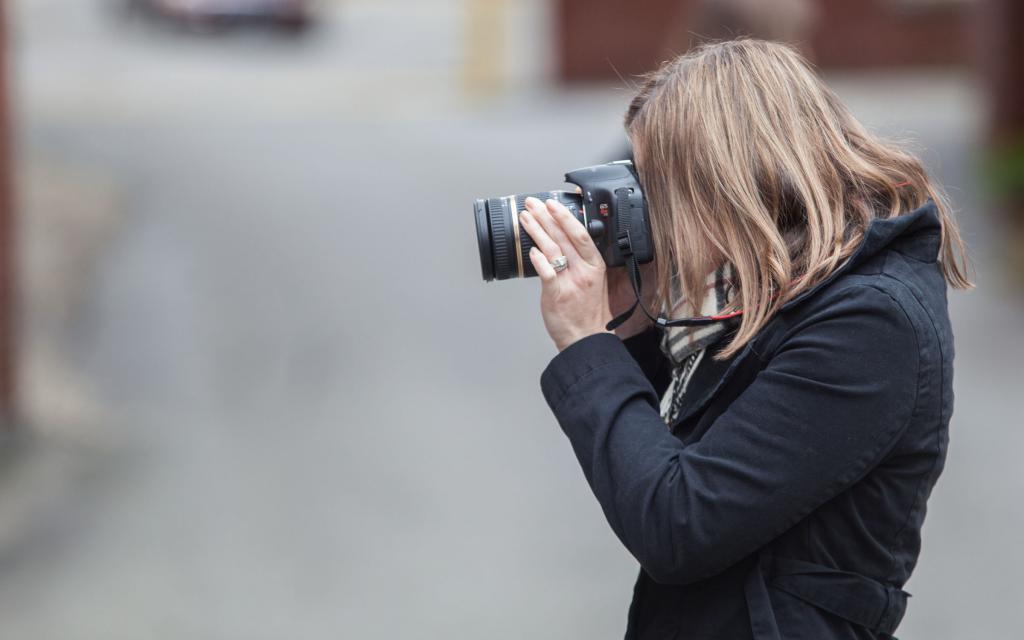
Despite the fact that modern society is very loyal to filming in public places, there are still places where you can’t shoot:
- It is forbidden to take pictures in a courthouse or correctional facility. This prohibition can be seen in the Code of Procedure.
- A trial can only be removed if it is allowed to do by the presiding judge. If an administrative violation case is being considered, then you can ask permission from the official who is interested in the case.
- Photographs of convicts serving a term in a correctional institution may be obtained only if the convicted person has written consent. Without written permission from the administration of the body executing the punishment, it is impossible to conduct surveys at security facilities.
- Officials and private individuals must agree to be removed. This mainly applies to office space and people who work as detectives.
- Shooting during closed sessions of the State Duma is prohibited.In addition, it is forbidden to bring any equipment to such meetings.
- It is forbidden to photograph military installations and ships from the boards of foreign ships. And shooting at customs is also prohibited. And in order to bring equipment into the building of the Gosstroy, you must stock up on written permission.
- It is forbidden to shoot on the territory of the Ministry of Energy and Fuel. The ban on shooting also applies along the country's border and at a distance of up to five kilometers. But if there is permission from the FSB, then you can shoot.
- Without permission, it is also impossible to bring equipment and conduct surveys on the territory of the Rostransnadzor.
An important nuance: a police officer cannot forcefully delete the shooting results, as well as remove a memory card, tape or equipment. Such actions by the law enforcement officer are regarded as an encroachment on private property. An employee can carry out the removal procedure only when drawing up the protocol and observing the remaining formalities.
Imprisonment Punishment
Nevertheless, there are cases when a trial is being held on this issue. And despite the fact that there is a law and an article about filming in public places, there are people who qualify this as a violation of immunity.
So, if it is proved that a person violated the right to inviolability, he can be punished with a fine of two hundred or five hundred minimum salaries or compulsory labor. The latter can last from 120 to 180 hours. Correctional labor (up to a year) or arrest (up to four months) can also be a punishment for violation of this article.
In the case of evidence that the photographer caused moral harm through his actions, the court may award compensation for this moral harm. Its size depends on the degree of guilt of the photographer and the circumstances of the case. In addition, when determining the amount of compensation, the moral and physical suffering of a person is taken into account.
In this regard, you can give advice: before using the photographs for commercial purposes, you need to find out whether the person in the picture agrees to this or not.
If the photographer has violated the ban on shooting those objects that are forbidden to be removed, then he is obliged to pay a fine (one hundred rubles), and a film or memory card will be taken from him.
Conclusion
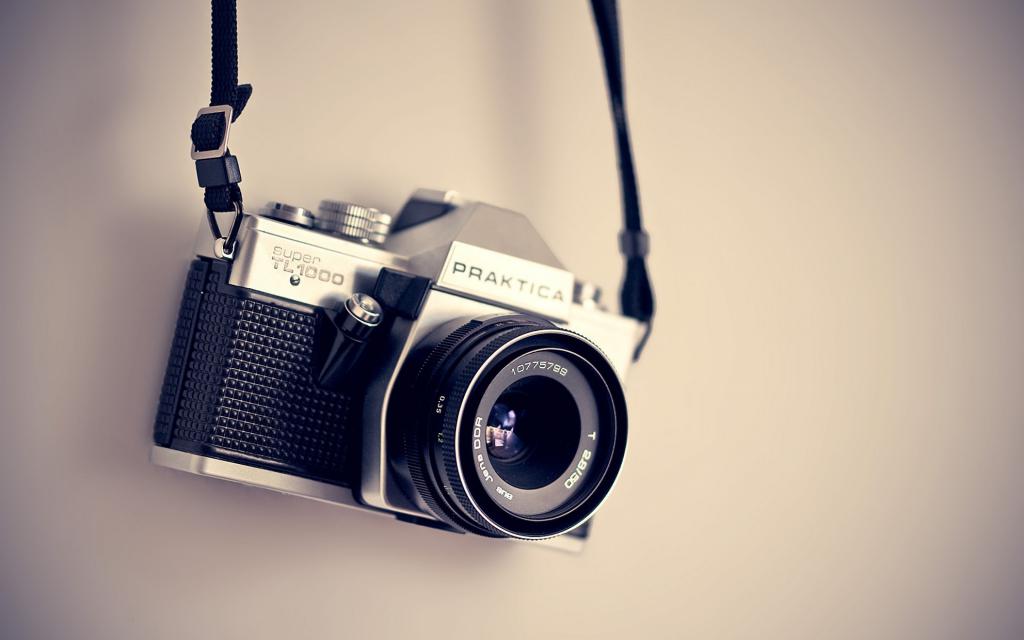
In conclusion, I want to say that even though the laws clearly state what can and cannot be removed, people often confuse concepts and prohibitions.
For this reason, there is a lot of controversy, even regarding officials. There are also cases of unlawful actions on the part of employees of state and other institutions.
To avoid such problems, before you start filming something, you need to study the law well. And do not be afraid to assert your rights if someone (even an official) encroaches on them.
Well, it is worth remembering that you can not neglect the laws. This means that shooting for commercial purposes should be carried out with the agreement between all persons. Then there will be no disagreement or litigation.
In addition, it will be honest with the state, which for obvious reasons restricts access and dissemination of information about some strategically important objects, and to people who have the right to inviolability and privacy. Creating laws on shooting in public places is not only a regulation of the rights of photographers, but also a definition of their responsibilities.
When every person respects the law, society becomes civilized.
